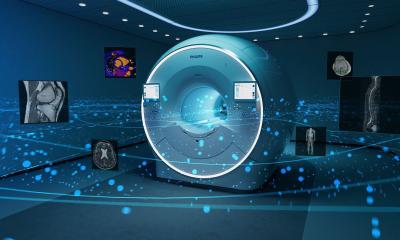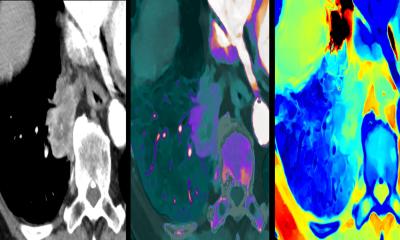New handheld diagnostic solutions for rapid point-of-care testing
Royal Philips Electronics and bioMérieux today announced that they have successfully achieved an important milestone in the development of fully-automated handheld rapid diagnostic test solutions for use in hospitals at the point-of-care – i.e. close to a patient’s bedside. This milestone comprises the successful integration of bioMérieux’s assay technology and Philips’ Magnotech rapid diagnostic testing technology into a disposable cartridge and handheld reader combination that achieves the speed, sensitivity and precision required for point-of-care testing. In time-critical situations, such as those encountered in emergency departments, coronary units and intensive care units, rapid diagnostic testing close to patients has the potential to improve patient outcomes and clinical workflows.
This important achievement has been realized within a year of the two companies signing a joint development agreement in January 2010 to develop handheld diagnostic solutions, and means that both companies will now push forward with the development program. Philips will now further develop its prototype handheld reader into a fully-engineered rugged unit, while bioMérieux will continue the assay development. In addition, Philips will set up manufacturing facilities to be ready to produce the disposable cartridges for the 2013 commercial launch of the new solution.
Among others, one important target application for the Philips/bioMérieux technology is the measurement of cardiac Troponin-I levels in blood to assist in the rapid diagnosis of myocardial infarction. Troponin-I is typically found at elevated levels in patients who have suffered a heart attack. However, it is only present in the patient’s blood in picomolar concentrations. In the past, detecting these extremely low concentrations has required costly time-consuming laboratory-based testing. Philips’ and bioMérieux’s success represents one of the first point-of-care multi-assay solutions with the potential to achieve lab quality performance.
28.01.2011





